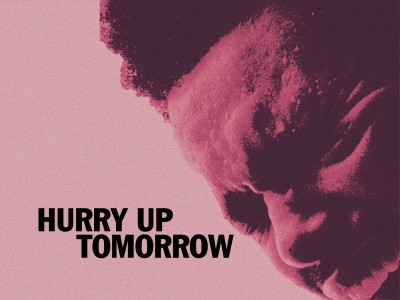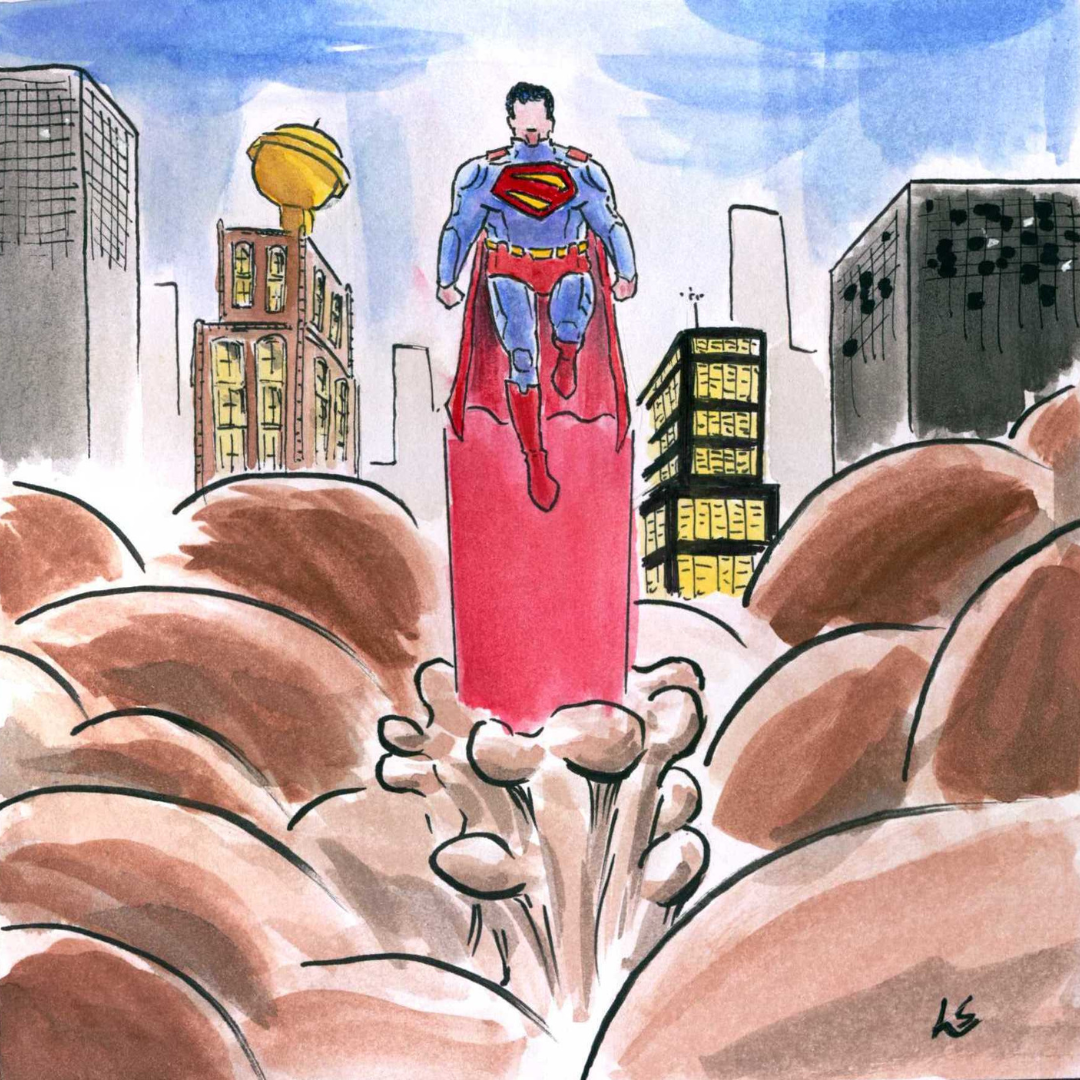After a career spanning over a decade, Abel Tesfaye — better known as The Weeknd — has released the final album under his pseudonym. “Hurry Up Tomorrow” is not only the sixth and final album by The Weeknd, but it is also the last album in a trilogy also including “After Hours” (2020) and “Dawn FM” (2022). These three albums have seen the death and rebirth of The Weeknd’s persona. The question is: How does “Hurry Up Tomorrow” stack up against the trilogy it’s implanted in and as the final album of an artist whose commercial success has brought a whole world of ears together for one last go?
I’m happy to report that, in many ways, “Hurry Up Tomorrow” is an excellent artistic example of what a final album should be, although there are moments that drag it down from being a perfect record. One highlight of the album is “Cry For Me,” a synth masterclass produced by hip-hop veterans Mike Dean and Metro Boomin. In this song, The Weeknd cries out to the person he loves after he abandoned them in a prior life. Another standout track is “Take Me Back To LA,” a song that puts the 80s influences The Weeknd has been using for his trilogy on full blast.
The album’s title track, which is the final song, sees The Weeknd come to a revelation: Despite all his faults, he wants to see heaven as he passes on. The song doubles as the metaphorical death of The Weeknd as a character while also being a literal farewell to his fans listening to the album. For all my film fans, the song interpolates “In Heaven (Lady in the Radiator Song)” by David Lynch and Alan Splet from the movie “Eraserhead.” This sample feels especially powerful now, as Lynch’s recent passing has left many feeling emptier in this world. Perhaps the sample, coupled with the themes of heaven, can bring fans to a place of solace.
There are some lowlights on the album, though. While songs like “São Paulo” and “Timeless” sound better mixed in the album’s context, I believe they fall flat as songs worth keeping. “Timeless,” in particular, caused controversy after its release, with some critics and internet-goers believing AI was used for Playboi Carti’s feature rather than a live vocal track, though this has not been proven.
Beyond those critiques, “Hurry Up Tomorrow” stands as The Weeknd’s final statement, showing his artistic potential peaking in several ways. It is a shining example of how to end a legacy, even when you’re at the height of your career.














































